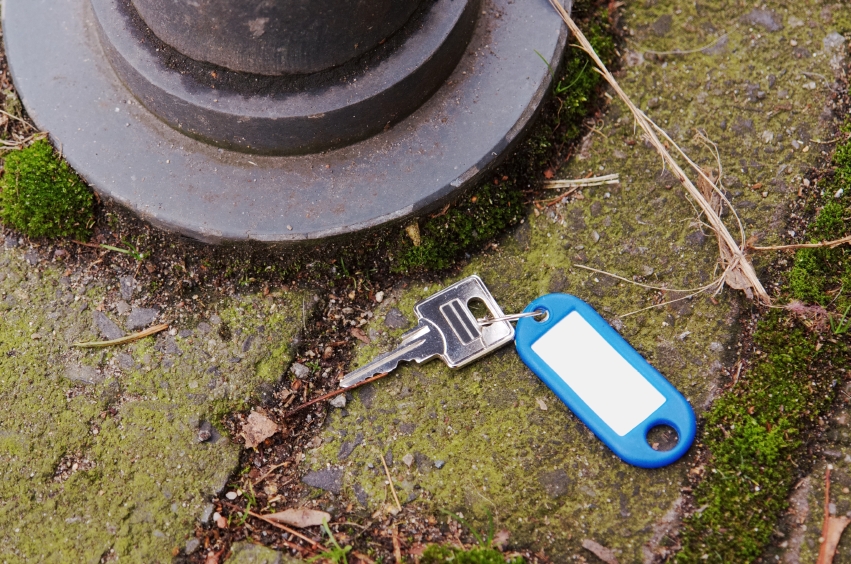We all have occasional memory lapses, particularly as we get older. But it’s important to know the difference between typical age-related changes and serious memory problems that may be symptoms of Alzheimer’s or another form of dementia.
What differentiates Alzheimer’s and dementia from benign age-related changes is that the lapses aren’t occasional, says Dr. Lindsay Pattison of St. Elizabeth Physicians Neurology.
“As people age, it is not unusual to notice subtle deficits in short-term memory and processing speed. However, for a person with Alzheimer’s dementia, the memory loss is more pronounced and begins to interfere with their instrumental activities of daily living (i.e. balancing the check book, cooking, driving, grocery shopping). Over time, Alzheimer’s patients can also struggle with their basic activities of daily living (bathing, dressing, toileting),” she says.
According to the Alzheimer’s Association, these are the ten warning signs to watch for:
- Memory loss that disrupts daily life. Forgetting recently learned information and important dates or events are common signs of Alzheimer’s as are repeatedly asking the same question and increasing reliance on memory aids, such as notes, electronic devices or even family members.
- Challenges in planning or solving problems. Some people may experience trouble working with numbers, following a recipe or keeping track of bills. They may have trouble concentrating and take much longer to do things than they used to.
- Difficulty completing familiar tasks. An individual may have trouble driving to a familiar destination, like the grocery store, or remembering the rules to a familiar game.
- Confusion with time or place. Many people temporarily forget what day of the week it is, but a person with Alzheimer’s may lose track of dates, seasons and the passage of time. They may forget where they are or how they got there.
- Trouble understanding visual images and spatial relationships. Age-related vision changes are common, but vision problems can also be a sign of Alzheimer’s. Bear that in mind if a loved one has difficulty reading, judging distance or determining color or contrast.
- New problems with words. People with Alzheimer’s may have trouble following or participating in a conversation. They may repeat themselves or forget what they were saying. Some may struggle to name things or find the right word.
- Misplacing things and losing the ability to retrace steps. Everyone misplaces their car keys from time to time, but they can generally retrace their steps and eventually find them. A person with Alzheimer’s may put things in unusual places and be unable to retrace their steps to find them. They may even accuse others of stealing.
- Decreased or poor judgment. People with Alzheimer’s may experience changes in judgment or decision-making. They may make poor financial decisions or pay less attention to their grooming and hygiene.
- Withdrawal from work or social activities. A person with Alzheimer’s may start to remove themselves from hobbies, social activities, work projects or sports.
- Changes in mood and personality. People with Alzheimer’s can become confused, suspicious, depressed, fearful, anxious and easily upset.
If you notice these changes in yourself or in a loved one, it’s important to see your doctor immediately, Pattison says. Early intervention in Alzheimer’s is key. The memory medications used to treat Alzheimer’s are aimed at slowing the progression of the disease process over time. Unfortunately, these medications do not bring back lost memory and/or cognitive abilities. Thus, the earlier the disease is diagnosed, the earlier treatment can be started, and the better the prognosis long term.


